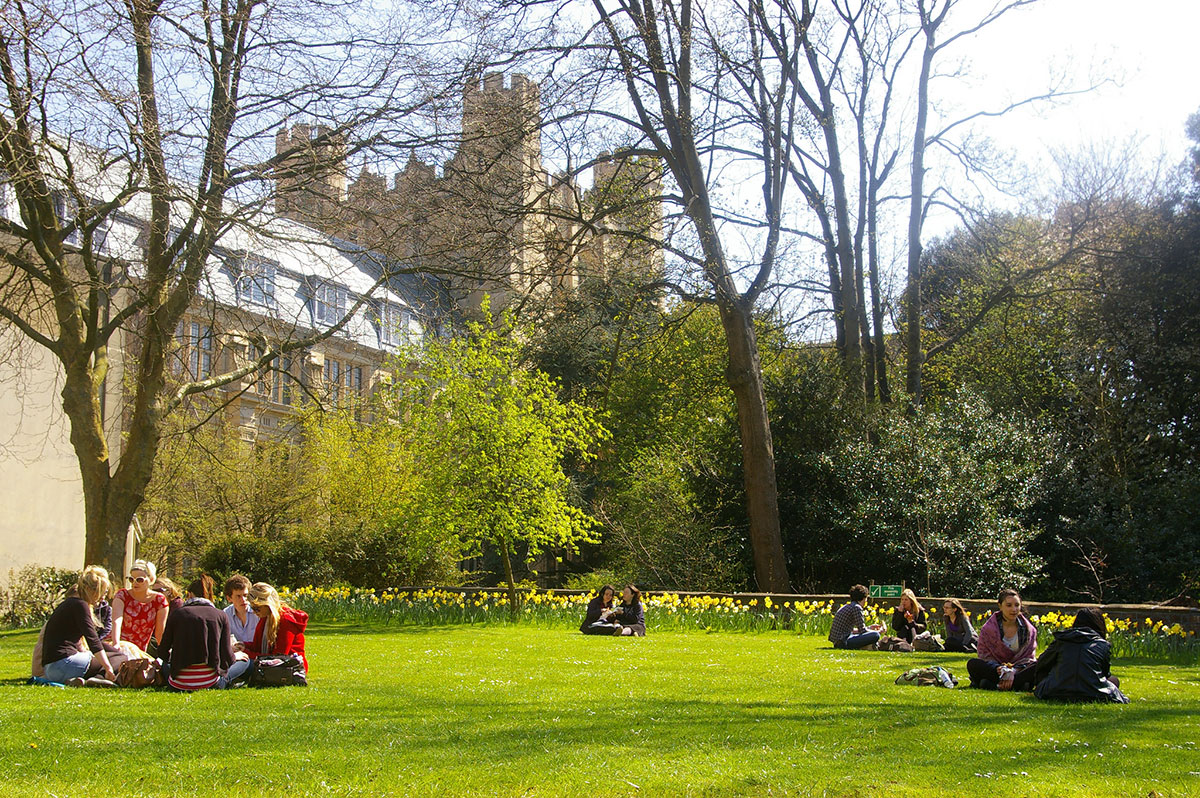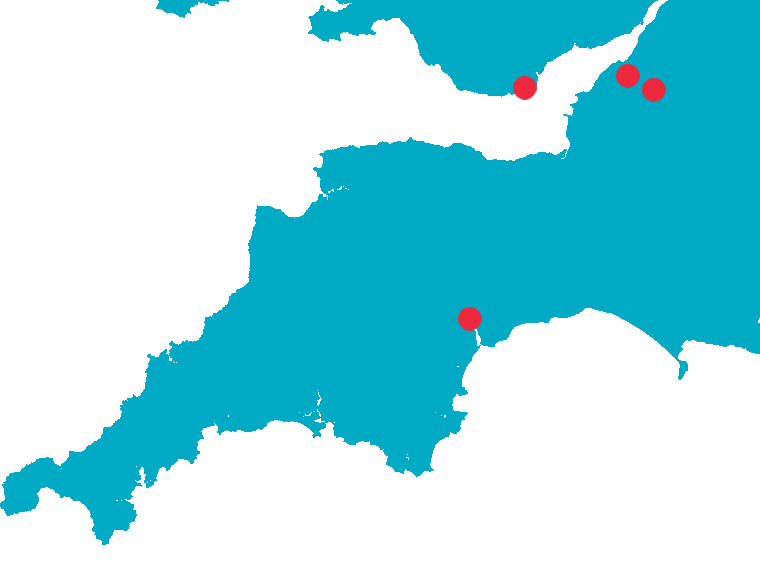Is it possible to condense everything that Bristol’s postgraduate researchers need to know into just 10 short points?
Not really — but our little list is (hopefully) a good place to start if you’ve just begun your journey, or a handy refresher if you’ve been on the PGR path for a while.
Do you think we’ve missed something major? If you do, please tell us in the comments.
1. You’re a researcher in ‘the best place to live in Britain’
Bristol ‘crams in all the culture you could wish for’. Not our words — the assessment of the Sunday Times Best Places to Live Guide, which crowned the city as the best place to live in Britain in its 2017 edition.
‘We sum the city up as cool, classy and supremely creative,’ said Sunday Times home editor Helen Davies. Who are we to disagree with that?
All research students automatically receive our BDC Bulletin, so you’ll get a round-up of what’s on in bustling Bristol — from film festivals to street-art strolls — every fortnight.
2. Bristol has a vibrant network of postgraduates
Want to meet more of your fellow researchers and attend a wide range of events, including Pint of Science evenings, hiking expeditions to the Cheddar Valley (pictured above) or informal, fun get-togethers?
Joining the Bristol Student Union PG Network — a student-led initiative for all postgraduate students, both research and taught — is a great way to meet your peers and get involved in PGR community activities.
To get started and see what’s available, join the PG Network’s public group on Facebook.
3. You’re at a top 10 university
Ready for some stats?
According to the Times Higher Education World University Rankings for 2018, the University of Bristol is number 9 in the UK — a spot we’ve held for six consecutive years.
Globally, Bristol is one of only 12 UK institutions in the top 100 universities.
All of which is just to emphasise that you are at one of the most popular and successful universities in the UK, and you should expect your time here to be both positive and productive.
4. Whatever stage you’re at, our free training and events can help
Postgraduate research is a marathon rather than a sprint.
The BDC isn’t here just to cheer you on; we curate an extensive programme of training and events that’s designed to boost your personal and professional development, whether you’re just getting started, you need to maintain your momentum or you have the finish line in sight.
Visit the Personal and Professional Development section of our website to find out how you can sign up for useful sessions on everything from kick-starting your thesis-writing to relaxing with mindful yoga.
5. Your wellbeing matters
Life as a PGR can be challenging. Immersing yourself in research, lab work or field work can be very productive — but it can also be isolating.
Taking care of yourself, and seeking help if you need it, is an essential part of maintaining a positive and productive life as a PGR. If you need support, your supervisor will be your primary channel. However, a range of other services are also available — from the Expert Self Care app to the Students’ Health Service.
Visit the Health and wellbeing section of the UoB website to see what’s on offer.
7. You can showcase your research at our annual PGR festival
Imaginative, interactive — and just downright fun — Research without Borders is the University’s annual showcase of postgraduate research.
As a PGR, the festival gives you an opportunity to present your work to the public and connect with other researchers from all disciplines. In May 2017, the special exhibition at Colston Hall that was held as part of the festival saw 74 postgraduate researchers showcase their work through interactive displays and activities.
Visit the Research without Borders page for more details on taking part in the 2018 festival.
8. Being an open researcher will help your reputation
Successful researchers know how to make their work discoverable and widely accessible. It’s not just good practice; it can help you establish a reputation early in your career.
The first step towards becoming an open researcher is to sign up for a free ORCiD account — a unique identifier for researchers that means all of your work is associated with you, regardless of any name changes or variations.
Once you’ve done this, you can learn about the online tools that interact with ORCiD and will help you boost your research reputation.
9. You’re in a multi-university alliance — and it has real-world benefits
Did you know that, as a Bristol PGR, you’re a member of the GW4 Alliance?
If you haven’t encountered it before, the GW4 Alliance is a partnership between four of the most research-intensive universities in the UK: Bath, Bristol, Cardiff and Exeter.
The alliance has some tangible benefits for PGRs, including access to a collaborative network, expert training opportunities and shared resources. You can even access a wealth of rare and unique materials (the ‘GW4 treasures’) and a database of equipment.
Visit the GW4 website to find out more.
10. The Bristol Doctoral College team is here for you
At the BDC, it’s our job to work with teams across the University to ensure that the PGR environment is the very best it can be so you can thrive during your research degree — and beyond.
In short: we’re here to support and champion you.
If you want to ask a question or flag an issue, please email us at doctoral-college@bristol.ac.uk or call us on (0117) 92 88105.









